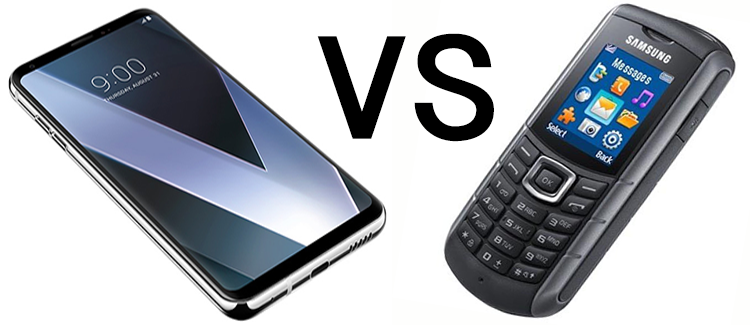Kerby Anderson
We love our smartphones, but many of us wonder if they are controlling our lives in ways that may not be healthy. Markham Reid responds to this question in his commentary in Time magazine: “You Asked: Should I Ditch My Smartphone?” He rehearses much of the evidence I have discussed in previous commentaries.
Dr. Brian Primack, professor of medicine at the University of Pittsburgh explains how “the little wobble of the emoticon, or the A-flat ding that stimulated the brain’s reward centers—these are designed to maximize people’s desire to stay on their devices.” Add to that the fact that there are teams of engineers and designers whose ultimate goal is to design games and apps that will keep you glued to your device.
We can look at all the psychological data being recorded, or merely use common sense to conclude that spending too much time on these devices is not healthy. It shows up in decreased attention spans, increased anxiety and stress, and a general erosion of wellbeing. Too much time on social media seems to lead to increased feelings of FOMO (fear of missing out).
In light of some of these concerns, it has been interesting to observe a movement away from smartphones to “dumb phones” or “light phones.” I know of people who have kept their flip phones or decided to opt for a dumb phone that doesn’t do too much more than make phone calls. Others are considering a light phone that may have a few additional features like texting, an alarm clock, or a driving app.
These features may be exactly what parents desire for their children. They can give their kids a phone so they can call, but prevent them from seeing everything on the Internet and protect them from cyberbullies. That is why we may see more adults and parents of kids opting for something other than a smartphone.
 Listen Online
Listen Online Watch Online
Watch Online Find a Station in Your Area
Find a Station in Your Area











 Listen Now
Listen Now Watch Online
Watch Online
